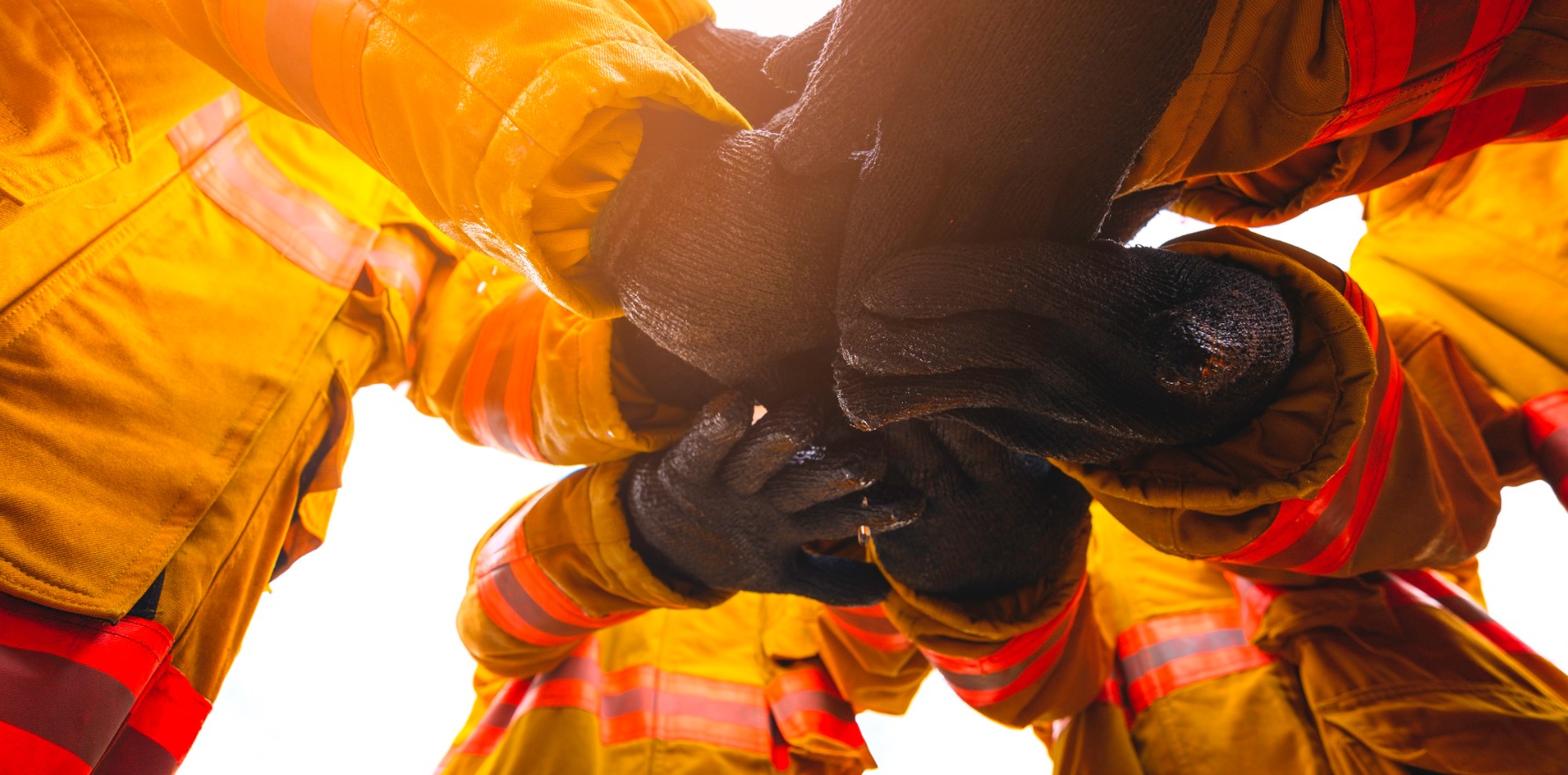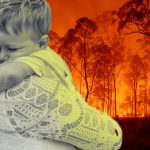Mental health is the top reason for Australians seeking support from general practitioners, with training now available to help them detect issues among bushfire respondents.
Thousands of Australians fled their homes to escape a bushfire crisis, and just months later were trapped inside by a deadly virus that has exacerbated mental health issues.
Anxiety and depression are the top reason for visits to general practitioners who say they and the communities they treat are still grappling with mental health concerns months after the Black Summer bushfires went out.
The cost of healthcare sought as a result of the bushfires has hit at least $1.95 billion, but the toll of the fires on mental health and future health outcomes remains unknown.
Training to help general practitioners better identify emergency service workers in need of mental health support in some bushfire-affected regions is being offered by the Black Dog Institute, a leading non-profit for mood disorder diagnosis, treatment and prevention.
“It’s essential to ensure that emergency service workers and their families are being identified and that the correct information is being gathered to link them to tailored support,” Black Dog Institute chief psychiatrist Sam Harvey said.
“After what these essential service workers did for us by putting out those fires and protecting our wildlife, we need to do our part to look out for their mental health now.”
Training will be provided via primary health networks in bushfire affected areas in New South Wales, Victoria, South Australia and the ACT.
It aims to give doctors the knowledge they need to identify post-traumatic stress disorder and other mental health support needs among firefighters, wildlife workers and their families early, and to help them find support and treatment.
In January, general practitioners told Lizz Reay, chief executive of the Nepean Blue Mountains Primary Health Network, their patients were struggling to cope with one crisis after another.
“There’s a high level of trauma for people who have had that ongoing disaster scenario, and that’s what we’re living in right now, it’s not just one isolated thing,” Ms Reay told TMR.
“When I’ve been talking to people in the community, one of the things they said is that they didn’t necessarily want to go and see a high-intensity health professional, that the best healing they got was from coming together as a community.”
While some practitioners have welcomed mental health training, others say they have the training but that there is a lack of services or professionals they can refer to in their region.
“What we’re finding is while there’s funding out there for mental health services, finding the workforce in some regions is really tough,” Ms Reay added.
“We need more psychologists so that the waitlists don’t blow out.”
General practitioners can register for the Black Dog Institute training, running online from October 2020 to December 2021, here.



